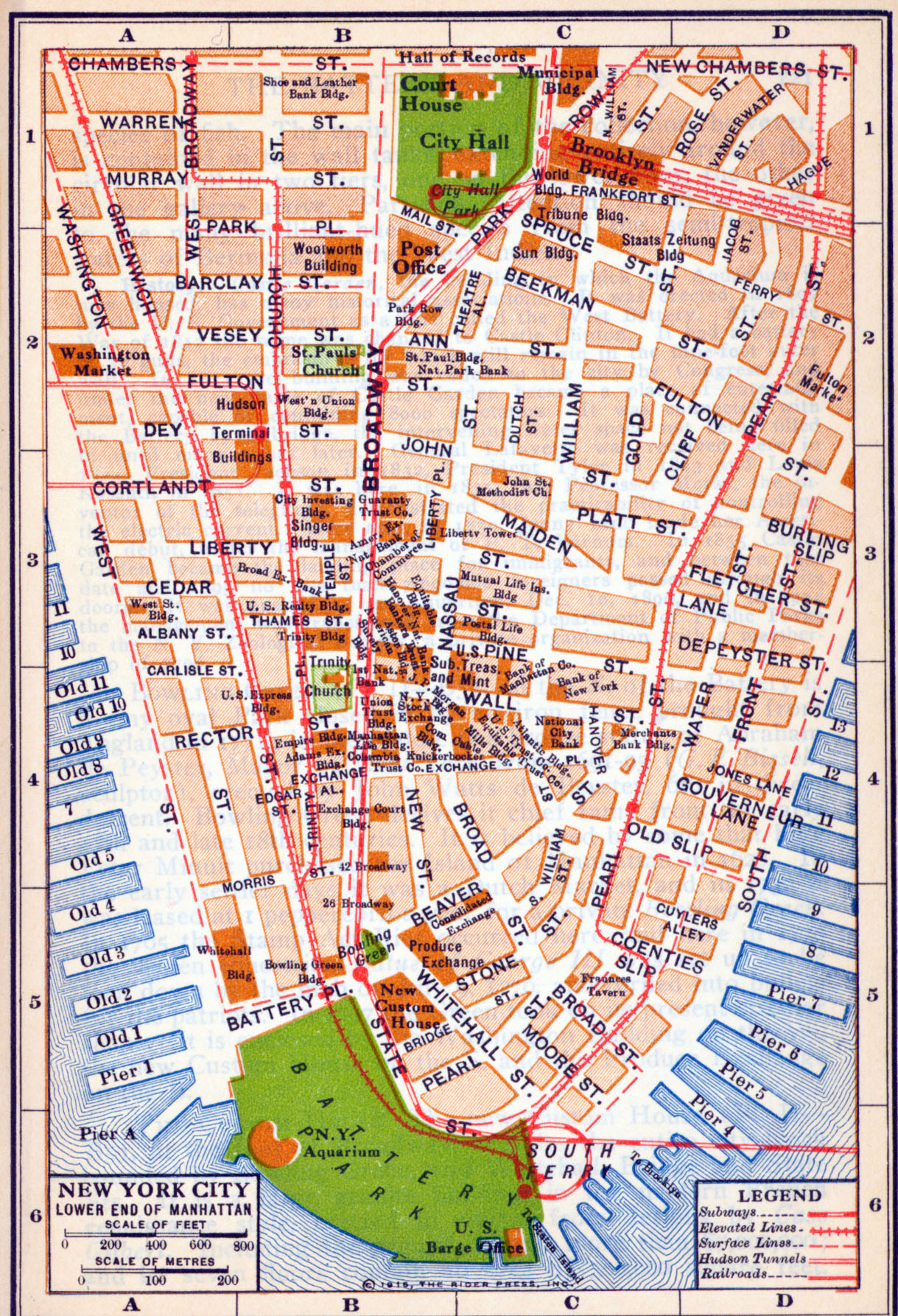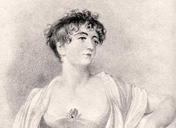I skipped most of the first night of the festival—I went to the opening with Sonia Sanchez, which was something of a disappointment to me. Sanchez spent more time talking in a fairly rambling fashion (and, to my mind, extolling her own work and opinions) than reading her poems. I’ve only read a little of he work, but I feel that what I have read was stronger than the two pieces she performed. The opening was at Bus Boys and Poets (my first visit there) and it was really too small for the turnout (a pleasant problem at a poetry reading to be sure) and so I felt a little oppressed by the crowd. I just didn’t have it in me to head up to another reading at the Bell Multicultural High School, so I went home and did crosswords. It’s a pity I missed the reading—it would have been nice to see E Ethelbert Miller read again (and to see if my blogging warranted another hug) and to hear the work of a new crop of poets, but I was feeling a little “fragile,” so home I went.
Similarly, I skipped the panels yesterday and wandered around, then sat down with my copy of Milton, rereading the first few books of Paradise Lost—I felt like I couldn’t quite take all the talk… I’ve often felt frustrated with talk about social action—I just want to get out and do things. It’s different when it’s the more personal, educating narratives. Hearing Carolyn Forché speak, for instance, is at once horrifying, amazing, energizing, inspiring. She is reading tonight, in what is a stellar lineup—I have high hopes.
 I was so pleased to finally meet Semezdin Mehmedinović, whose work I’ve admired for a while now. I was reading his two books available in English (Sarajevo Blues and Nine Alexandrias) a while ago and fell in love. It made me feel possibilities for a looseness and ease that interests me, in the voice itself (as translated by Ammiel Alcalay). And then the poems - devastating. When I spoke to him after the reading, I mentioned that I’d like to interview him, and he gave me his details. Again, I have to find that elusive time.
I was so pleased to finally meet Semezdin Mehmedinović, whose work I’ve admired for a while now. I was reading his two books available in English (Sarajevo Blues and Nine Alexandrias) a while ago and fell in love. It made me feel possibilities for a looseness and ease that interests me, in the voice itself (as translated by Ammiel Alcalay). And then the poems - devastating. When I spoke to him after the reading, I mentioned that I’d like to interview him, and he gave me his details. Again, I have to find that elusive time. I was interested to hear Jimmy Santiago Baca, because he’s a big name, with a fascinating background: sentenced to five years in a maximum security prison for drug possession when he was twenty-one, he learned to read and write, and it was there that his interest in poetry really began. I was actually most interested in his talk in between the pieces he read. He mentioned that recently he’d been on a trip around the world, meeting poets everywhere, and getting recorded interviews in many, many different countries and languages. He talked about a sense that so many countries—and therefore their poets—seemed to be suffering from pervasive post-traumatic stress, and the poets responded by wanting to give and give. The interviews (over a hundred of them) need to be translated into English: I don’t know where these will end up, but I’m so interested to read them if they surface somewhere accessible.
I was interested to hear Jimmy Santiago Baca, because he’s a big name, with a fascinating background: sentenced to five years in a maximum security prison for drug possession when he was twenty-one, he learned to read and write, and it was there that his interest in poetry really began. I was actually most interested in his talk in between the pieces he read. He mentioned that recently he’d been on a trip around the world, meeting poets everywhere, and getting recorded interviews in many, many different countries and languages. He talked about a sense that so many countries—and therefore their poets—seemed to be suffering from pervasive post-traumatic stress, and the poets responded by wanting to give and give. The interviews (over a hundred of them) need to be translated into English: I don’t know where these will end up, but I’m so interested to read them if they surface somewhere accessible. Patricia Smith’s work was new to me, and I’m so glad that I got to experience it: she finished with a poem written in response to Hurricane Katrina, and the 34 residents of a nursing home that were left behind and died. As she was introducing it she said “the poem is long—but the stanzas are short,” which for some reason was charming! The poem was in 34 sections, the voices of the dead: it was a beautiful elegy for these forgotten people. Her next book as a whole addresses the aftermath of Katrina. If this is an example of the work she’s doing with that, then I’ll be interested to read the book as a whole when it comes out. Again, I’m hoping that an interview will emerge—we talked about finding a time in between two readings today to have a brief chat.
Patricia Smith’s work was new to me, and I’m so glad that I got to experience it: she finished with a poem written in response to Hurricane Katrina, and the 34 residents of a nursing home that were left behind and died. As she was introducing it she said “the poem is long—but the stanzas are short,” which for some reason was charming! The poem was in 34 sections, the voices of the dead: it was a beautiful elegy for these forgotten people. Her next book as a whole addresses the aftermath of Katrina. If this is an example of the work she’s doing with that, then I’ll be interested to read the book as a whole when it comes out. Again, I’m hoping that an interview will emerge—we talked about finding a time in between two readings today to have a brief chat. The festival has also been my first real opportunity to explore the U Street neighbourhood—I get the impression that it’s more of a nighttime area than a daytime place, but it’s been great wandering around. I don’t know why exactly I hadn’t made it over there earlier, but I hadn’t. I really love the multicultural areas of DC though, and am looking forward to getting to know the area better.
 Speaking of things to look forward too, I’m excited that Siri Hustvedt’s new novel, The Sorrows of an American, will be coming out on the first of April. I wonder if I’ll be able to make some out-of-university time as the final phase of the semester starts kicking in to read it…
Speaking of things to look forward too, I’m excited that Siri Hustvedt’s new novel, The Sorrows of an American, will be coming out on the first of April. I wonder if I’ll be able to make some out-of-university time as the final phase of the semester starts kicking in to read it…

















